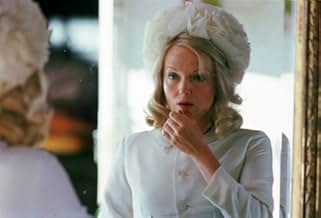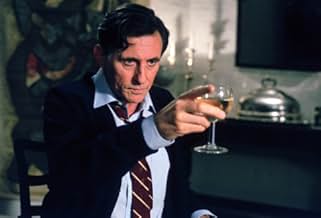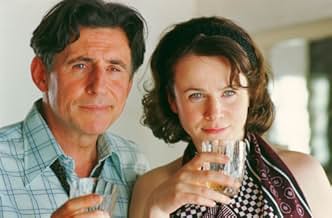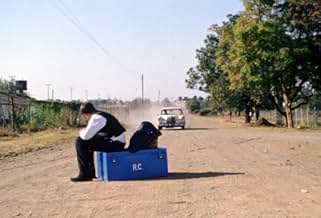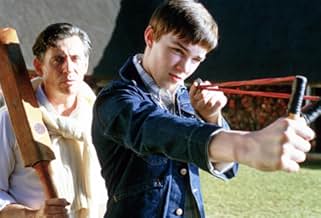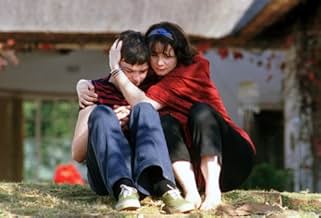Ralph witnesses the disintegration of his parents' marriage through adultery and alcohol during the last gasp of the British Empire in Swaziland in 1969. Ralph finds his new step-mother is t... Read allRalph witnesses the disintegration of his parents' marriage through adultery and alcohol during the last gasp of the British Empire in Swaziland in 1969. Ralph finds his new step-mother is the only one who understands his inner turmoil.Ralph witnesses the disintegration of his parents' marriage through adultery and alcohol during the last gasp of the British Empire in Swaziland in 1969. Ralph finds his new step-mother is the only one who understands his inner turmoil.
- Awards
- 5 nominations total
- Director
- Writer
- All cast & crew
- Production, box office & more at IMDbPro
Storyline
Did you know
- TriviaThe teacher in the school scene actually taught history to Writer and Director Richard E. Grant at school in the same classroom where the scene takes place.
- GoofsThe movie supposedly starts in 1969 with the date appearing on the screen. Yet Swaziland received independence on 6 September 1968.
- Quotes
Lauren Compton: How dare you contradict me in front of a servant?
Harry Compton: The Sphinx has spoken.
- ConnectionsFeatured in Wah Wah in Swaziland (2005)
- SoundtracksGoodnight Sweetheart
Written by Ray Noble, Jimmy Campbell & Reginald Connelly
Performed by Ray Noble and his Orchestra
Vocalist: Al Bowlly
The second striking feature of the movie is the portrait of a small but immensely snobbish colonial society that was about to disappear. Appearances are everything so clandestine adultery is condoned but divorce very much disapproved of. Outsiders (for example Harry Compton's new American wife Ruby) are scarcely tolerated. This stern moral code was hardly needed to impress the natives, who were polygamous. The choice of "Camelot" as the entertainment put on by the denizens of the white social club for the Independence celebrations is ironically appropriate for some of the whites it was indeed Camelot, and now it was about to end.
Another theme of Grant's is growing up, generally a painful experience with or without dysfunctional parents. Here he is greatly helped by a fine performance from Nicholas Hoult as the 14 year old Richard ("Ralph" in the film). Miranda Richardson as the errant mother and Gabriel Byrnes as the father are also excellent and there are strong performances from the supporting cast, particularly Julie Walters as a deserted wife and Celia Imrie as the impossibly snobbish High Commissioner's wife. I'm not sure why, but Emily Watson's Ruby was only so-so. The people of Swaziland don't get much of a look-in this is white mischief after all, but the actor who plays the warm-hearted local doctor (John Matshikiza?) should get an honorable mention.
Since independence Swaziland has not done too well; according to Wikipedia it now has 39% of the adult population with HIV and the world's lowest life expectancy -32.6 years. The combined rule of the present king and "Great She-Elephant" (his mother) has not been a conspicuous success. The colonial days, which took the light form of a British Protectorate, must seem like Camelot even to the Swazis. This movie seems to have captured the atmosphere of the time as well as the pains of growing up.
- How long is Wah-Wah?Powered by Alexa
Details
Box office
- Budget
- $7,000,000 (estimated)
- Gross US & Canada
- $234,750
- Opening weekend US & Canada
- $55,304
- May 14, 2006
- Gross worldwide
- $2,846,148
- Runtime2 hours
- Color
- Sound mix
- Aspect ratio
- 2.35 : 1
Contribute to this page



